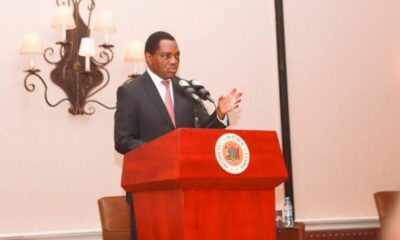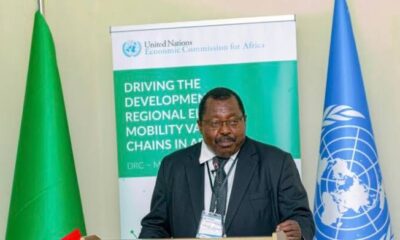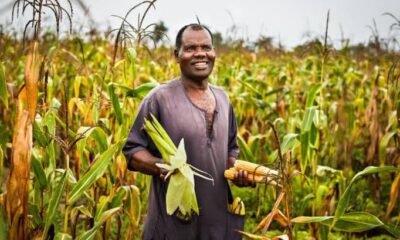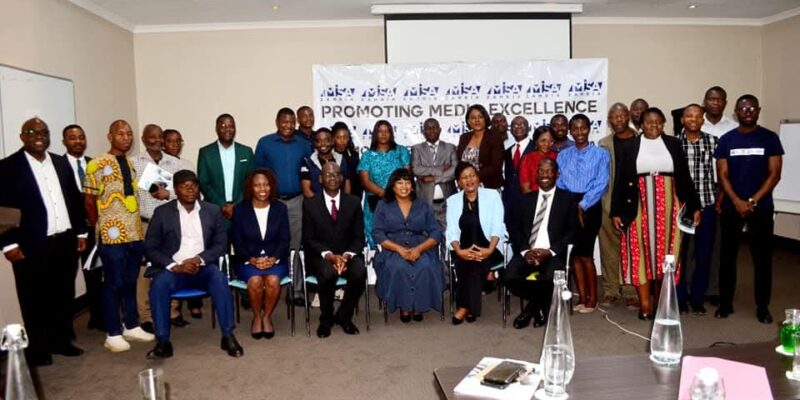Online censorship refers to the legal control or suppression of what can be accessed, published, or viewed on the internet.
In Zambia, this role can be undertaken by the Zambia Information Communication Technology Authority (ZICTA).
While Zambia’s online space is generally considered free, the most notable instance of censorship occurred in August 2021 during the general elections, when internet access was severely restricted.
As Zambians struggled to connect, tech-savvy citizens turned to Virtual Private Networks (VPNs) to access the internet and social media, allowing them to view unverified election results from various polling stations across the country.
VPNs enable users to connect through servers in other parts of the world, bypassing local restrictions.
Censorship can also occur at the individual or organizational level, often referred to as self-censorship.
This type aims to avoid offending others morally, religiously, or in other ways, conforming to societal norms.
While freedom of expression is essential in a democracy like Zambia, it comes with the responsibility to respect others, including those with different political, religious, or ethnic backgrounds.
However, there is a fine line between exercising freedom of expression and violating cyber laws through defamatory speech.
Misuse of this freedom on Zambian social media often leads to harmful personal attacks that go beyond issue-based discourse, causing emotional harm.
The proliferation of fake accounts and misleading information has exacerbated this problem.
Comment sections on popular Zambian online news platforms frequently contain offensive remarks, and impersonation and slander have become common.
Despite the introduction of the Cyber Security and Cyber Crimes Act in 2021, these offenses persist.
In February 2024, the Zambia Police Service arrested and charged four individuals for cybercrimes, including hate speech, use of insulting language, and identity theft.
More recently, 20 Chinese nationals and one Cameroonian were convicted of computer-related misrepresentation, identity-related crimes, and operating an unlicensed network, highlighting the broad application of the law.
The Association for Progressive Communications (APC) Internet Rights Charter emphasizes that the ability to share information freely on the internet is crucial for human rights, as outlined in key international agreements.
However, unchecked freedom on digital platforms has led to the rise of “keyboard warriors” engaging in harmful behavior.
While digital rights are essential, they must not come at the expense of national peace, coexistence, and unity.
Striking a balance between protecting these rights and maintaining social harmony remains a complex challenge for Zambia.
This story is sponsored by Project Aliyense.

 VenturesNow13 hours ago
VenturesNow13 hours ago
 VenturesNow13 hours ago
VenturesNow13 hours ago
 VenturesNow13 hours ago
VenturesNow13 hours ago
 Politics13 hours ago
Politics13 hours ago






























